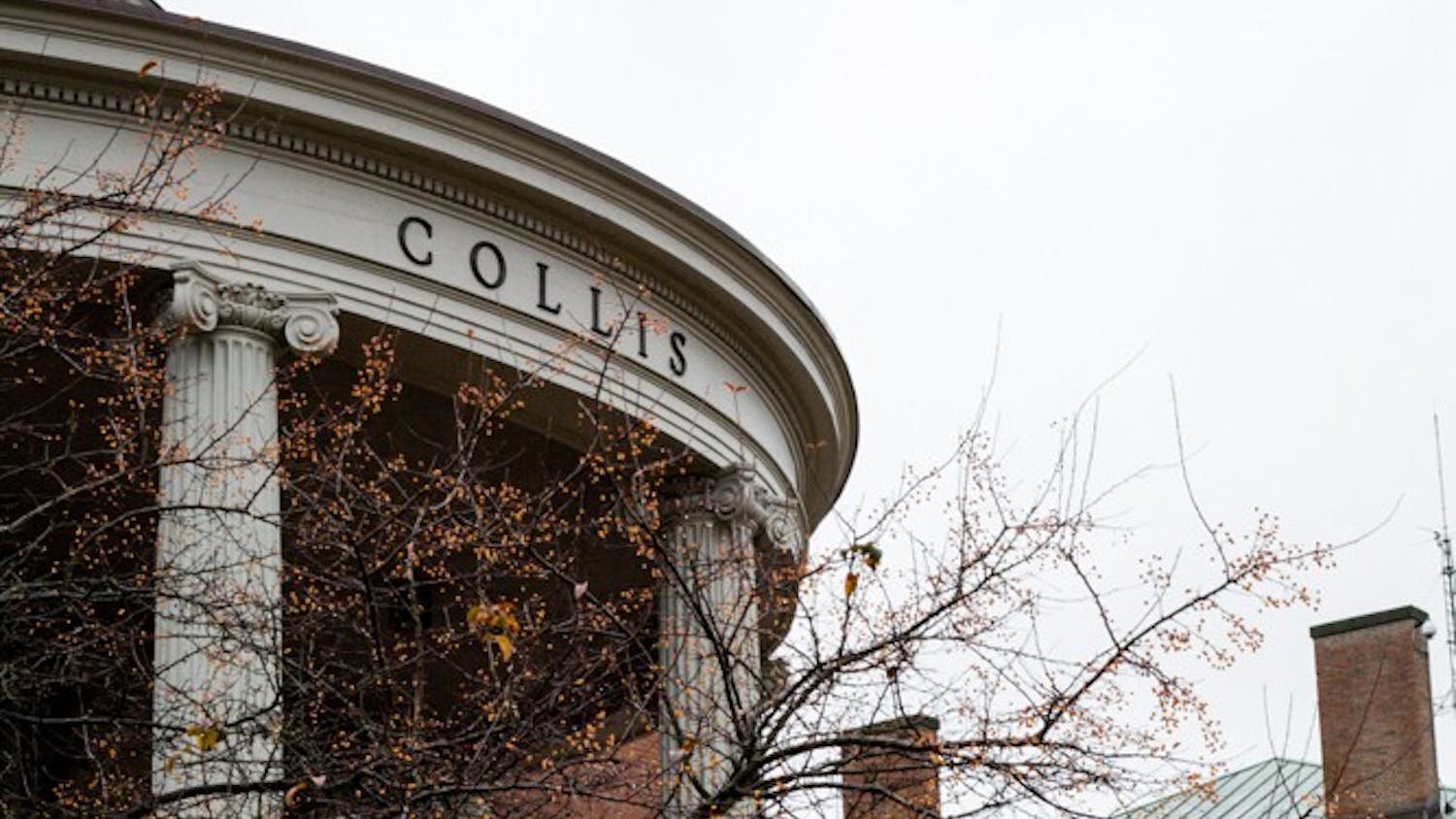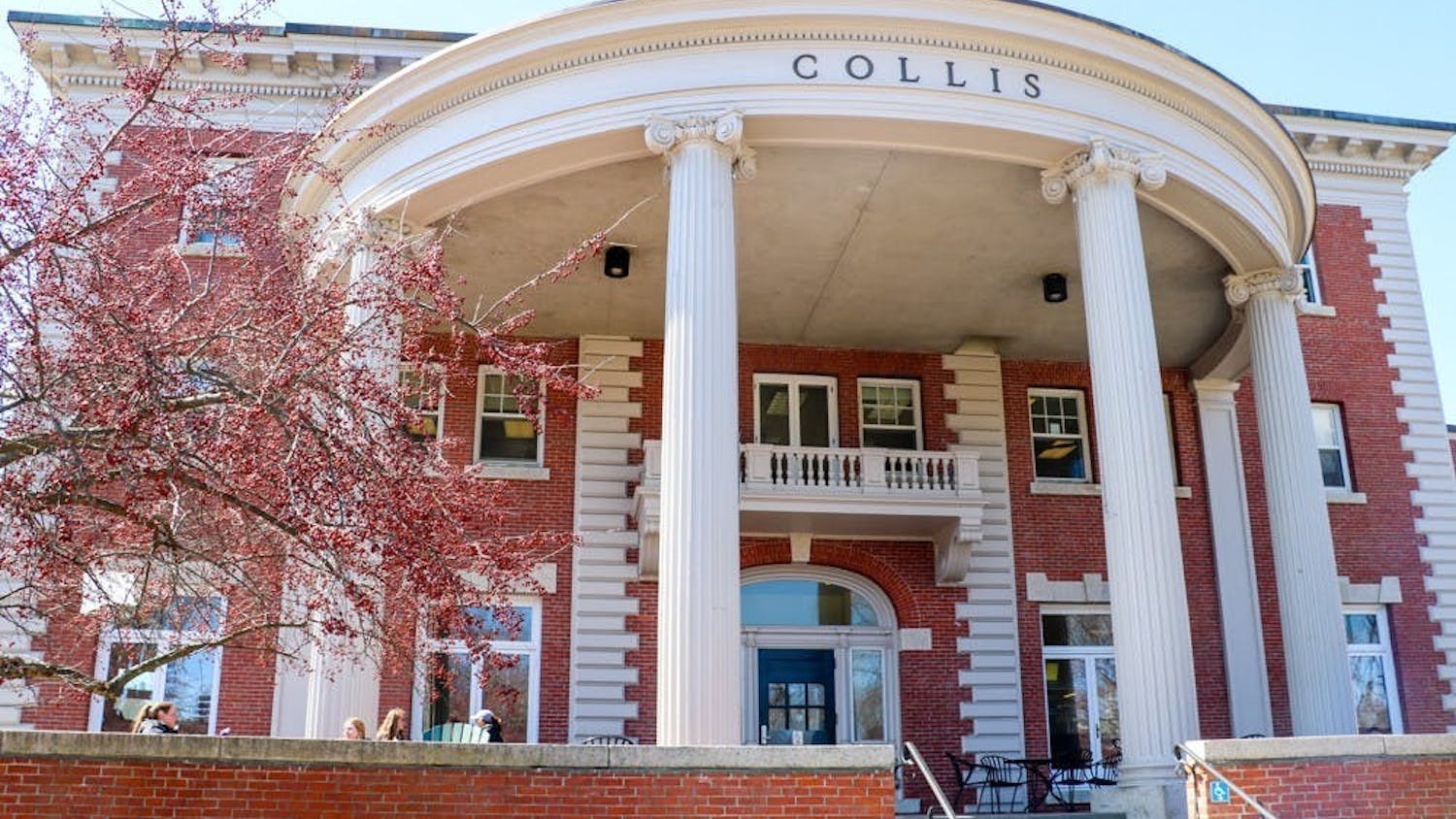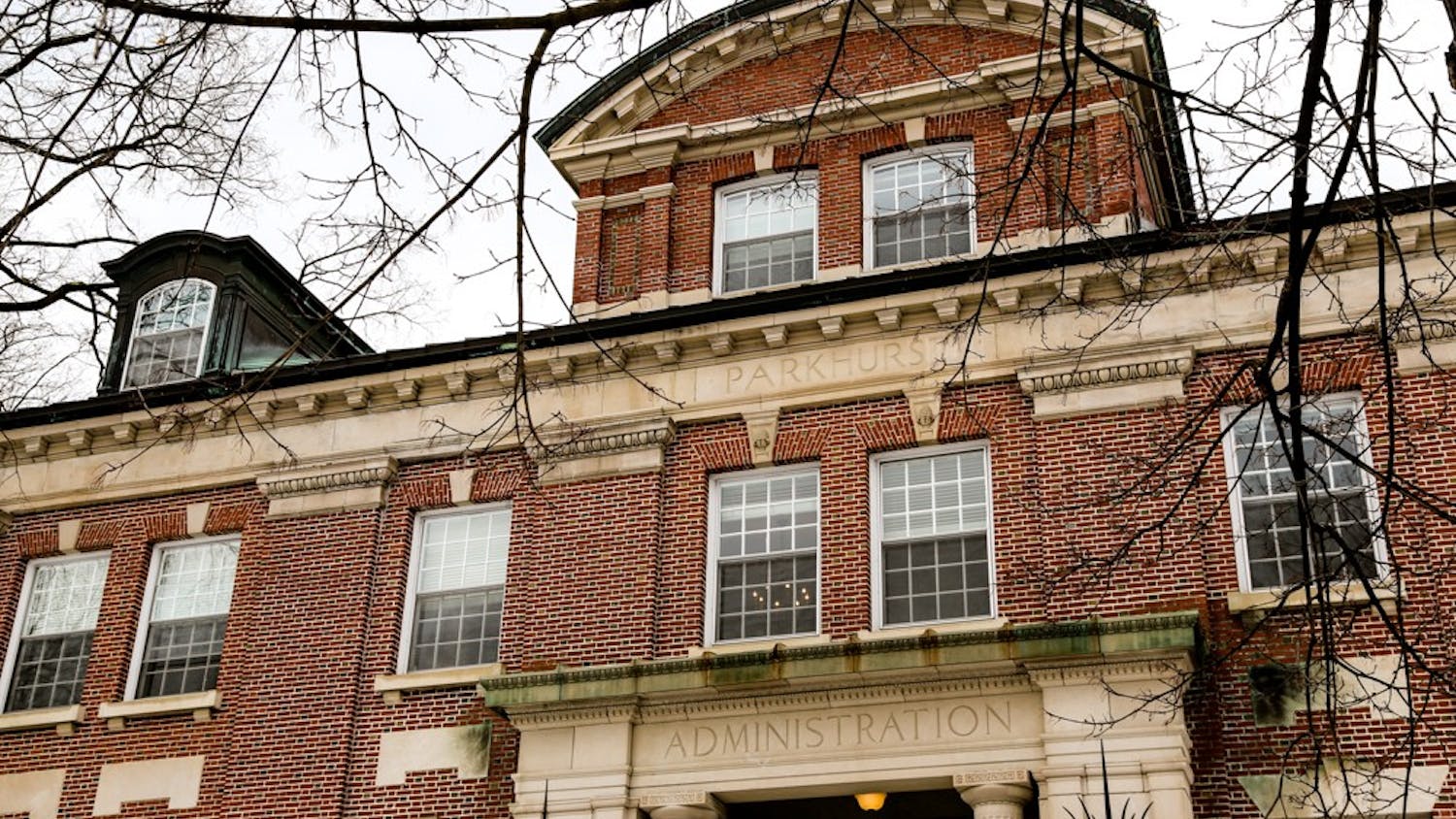On April 18, over 1600 viewers tuned in as candidates for Student Assembly president and vice president participated in a live debate. The debate, which was streamed on The Dartmouth’s Facebook page, featured SA presidential candidates Jennifer Qian ’22 and Attiya Khan ’22, with Maggie Johnston ’22 and Sebastian Muñoz-McDonald ’23 as their running mates for vice president, respectively.
After both campaigns introduced themselves, moderator and news executive editor of The Dartmouth Reilly Olinger ’22 kicked off the debate by asking each campaign for their thoughts on what the current Student Assembly leadership — Cait McGovern ’21 and Jonathan Briffault ’21 — did well during their tenure, and what each campaign would do differently if elected.
Khan said that although she saw a recent initiative by McGovern and Briffault to create a Student Liaison Committee to the Board of Trustees as a “fantastic development,” the current leadership could push the administration “a little harder” for the addition of a student representative with voting power to the Board. Khan cited Cornell University as an example of an institution with students on its Board of Trustees. Muñoz-McDonald added that their campaign would focus on increasing SA’s transparency as an organization.
In her response, Qian noted her and Johnston’s achievements in the three years each candidate has served on SA, citing voucher programs for the Dartmouth Coach and Co-op Grocery Store as initiatives that the candidates helped organize. She also discussed recent efforts by SA to help students' mental health by increasing accessibility to meditation apps.
According to Qian, their administration’s approach would be to achieve “gradual but realistic change” by working collaboratively with the College administration and “pool[ing] collective voices.”
“We need to be strategic about making change and being willing to work with administration instead of just making demands and taking aggressive stances,” Qian said.
During the debate, each campaign also spoke on the importance of addressing mental health on campus, an issue that has been exacerbated by the pandemic. Qian and Johnston advocated for initiatives such as improving access to telehealth and for increased funding at Dick’s house in the long run. Khan and Muñoz-McDonald highlighted the recent suicides at Dartmouth and Yale, and spoke about the need to decrease wait times on the Counseling Center's 24-hour mental health hotline, implement online booking for appointments and “restructur[e]” Dartmouth’s leave of absence policy, which, according to Khan, can disincentivize students from seeking mental health resources.
On the issues of how to approach reopening campus and support student-athletes, the campaigns found common ground. Both Qian and Khan pushed for a normal reopening of campus in the fall, and advocated for the reopening of social spaces on campus.
Qian said her campaign has been “consistent” with its support of student-athletes, noting that she and Johnston have reached out to the Student Athlete Advisory Coalition to talk with student-athletes about the issues affecting them. Khan further noted the importance of transparency around the College's budget, and noted that student athletes “deserve to look at the numbers” and know the reasons behind these cuts.
The debate also covered the Elections Planning and Advisory Committee's recent decision to temporarily suspend the Khan-Muñoz campaign for spreading misinformation. According to Olinger, the Khan-Muñoz campaign was suspended for sharing inaccurate figures on the Student Assembly budget, without looking at the budget itself, which was available upon request. Khan admitted that “[the campaign] messed up,” and apologized for their mistake.
Khan added that although their campaign had misinterpreted the Student Assembly budget infographic on Instagram, the misunderstanding demonstrated the need to have the budget available on the SA website. The campaign has since reviewed SA’s budget spreadsheet, Khan said, and has spoken with McGovern and Briffault about the error.
The differing levels of SA experience of the two campaigns also came into question. While Qian and Johnston have served as senators on SA since their freshman years, Khan and Muñoz-McDonald have no SA experience. Johnston noted that the misunderstanding that led to the Khan-Muñoz campaign’s suspension highlights “where experience is valued and needed.”
Khan recognized that she and Muñoz-McDonald were “outsiders,” but highlighted leadership roles that each of them have held in other areas on campus. Johnston responded by saying that the positions of president and vice president requires a “building relationship” with the current SA senators.
Diana Alvarado ’22 said that she was looking forward to the debate because it was an opportunity for the candidates to gather and talk in a year where campaigns took place entirely on social media.
Alvarado added that she noticed how the Qian-Johnston campaign spent time during the debate “discrediting” the other campaign for their lack of experience on SA, rather than focusing on “what students need and on how to relate to students.”
“Student Assembly, as a whole, should really be prioritizing the way that it communicates with students and advocates for them, and not just as an internal structure,” Alvarado said. “So I think that’s where my frustration really lied in the debate.”
Josh Freitag ’23 said that he attended the debate because he wanted to be an “informed voter” and hear what the candidates had to say live, outside of the “heavy” social media presence both campaigns have.
He added that while he believed the Khan-Muñoz campaign has been “very aggressive” towards the Dartmouth administration and SA, their campaign made a good choice in “walking that back a little bit” during the debate.
Furthermore, he said that Qian-Johnston’s campaign “[came] off as empathetic” and noted that their approach to creating change by building relationships with the administration resonated with him.
Although Alvarado intends to vote for Khan-Muñoz, Freitag said that he is still undecided after the debate. Voting begins Monday, April 19 at 5 p.m. and lasts until Tuesday, April 20 at 5 p.m.
Daniel Modesto ’24 is the News executive editor. He is from Brooklyn, New York, and is a Native American and Indigenous Studies major modified with Latin American, Latino and Caribbean Studies.



